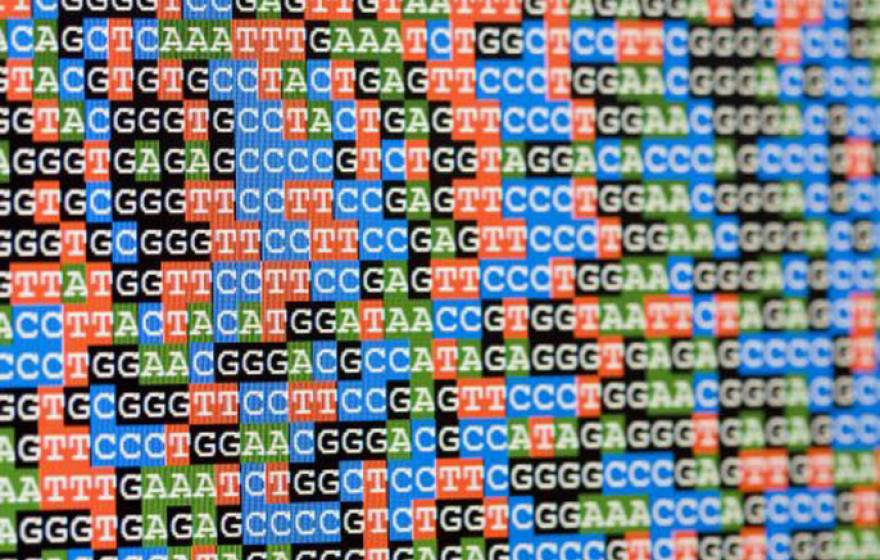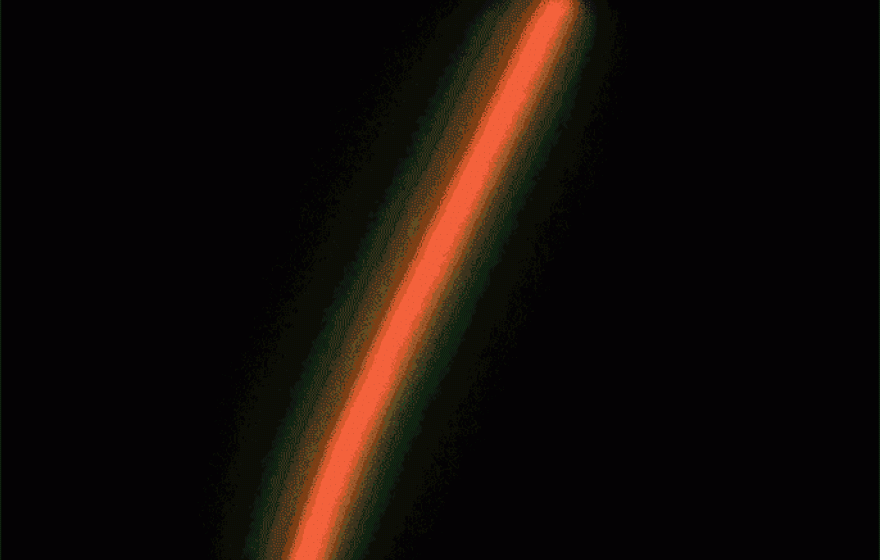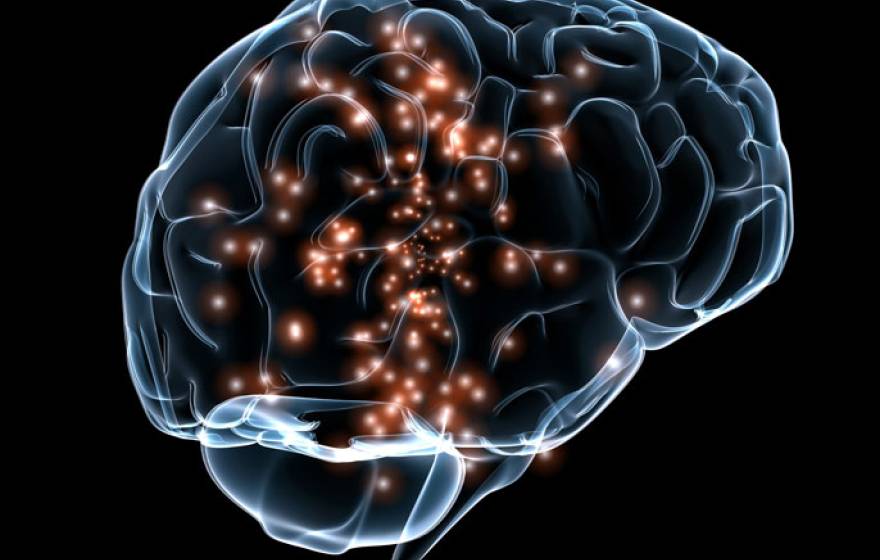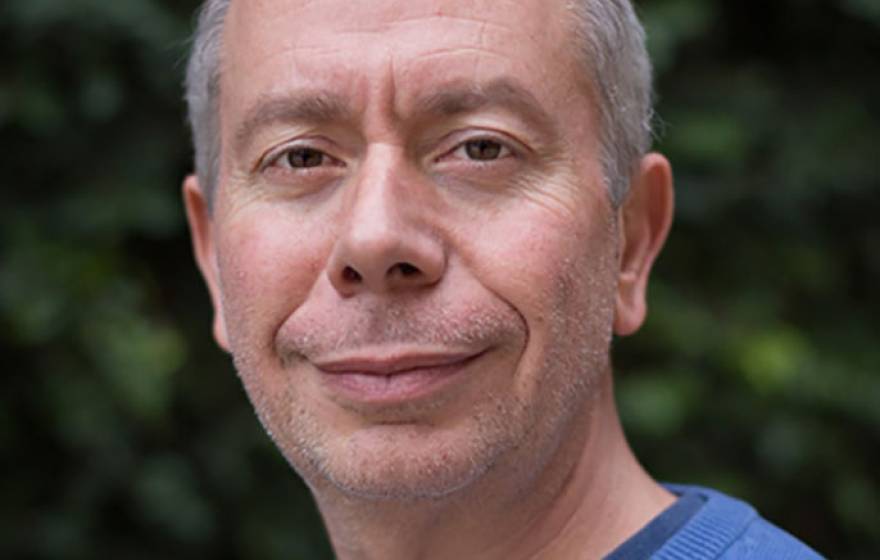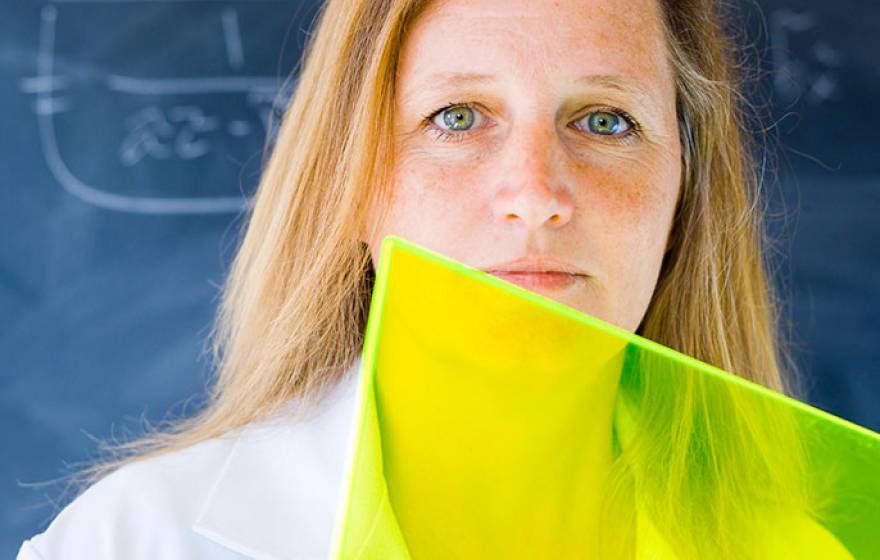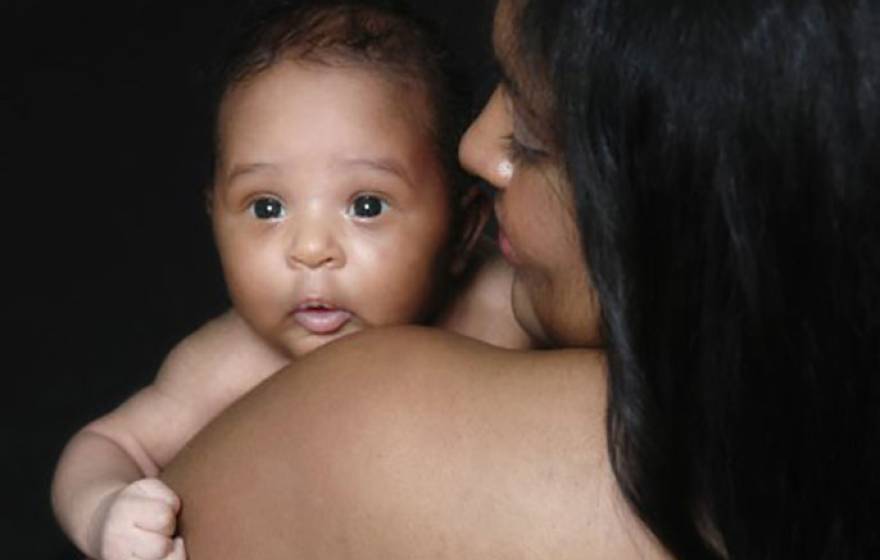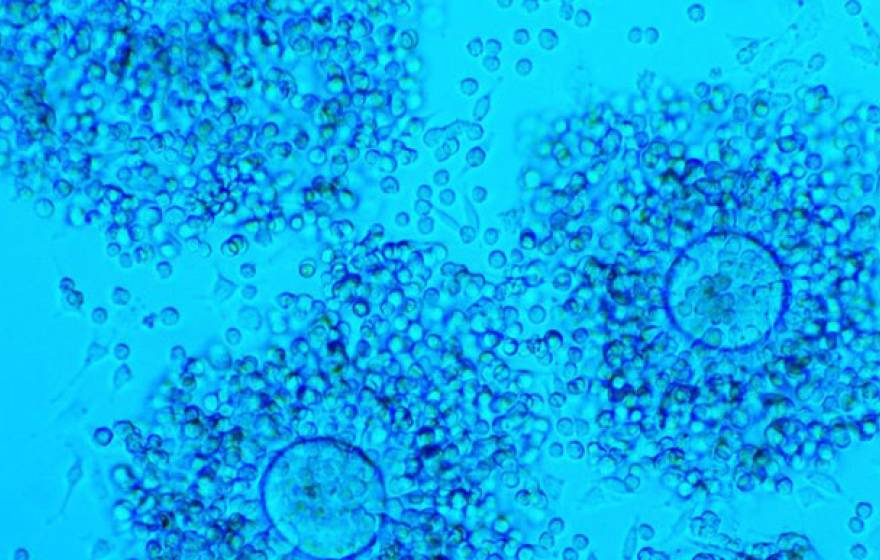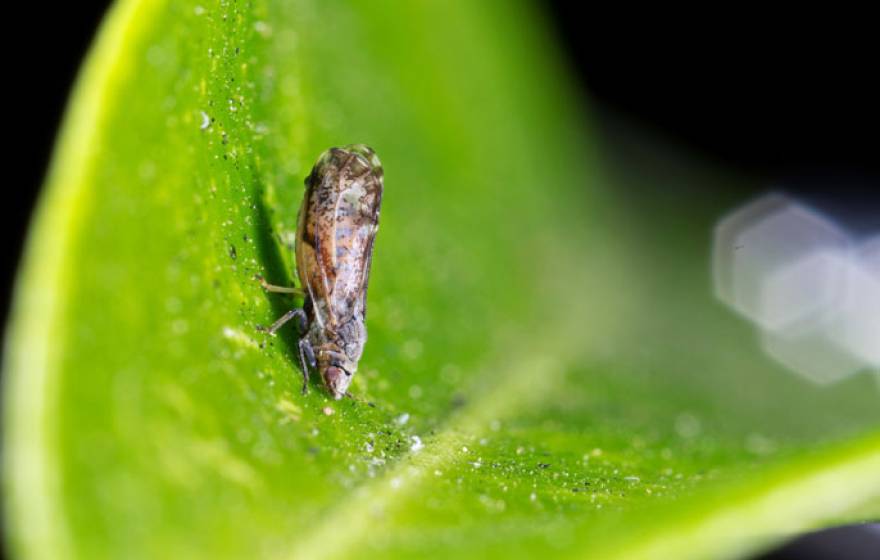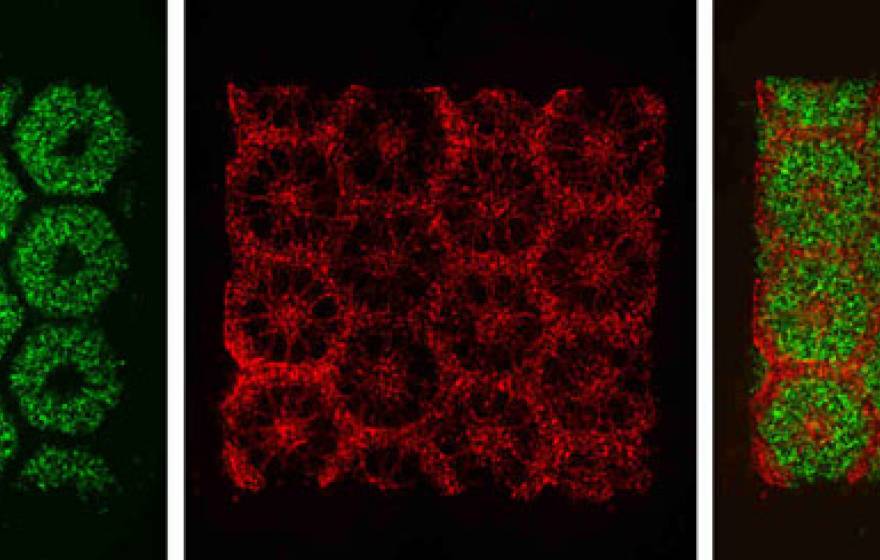A UCSF researcher pioneers a method that could identify up to 10 times more cases than possible at present.
Gene signature could lead to a new way of diagnosing Lyme
Landmark study finds dementia risk varies significantly among racial and ethnic groups
Joint research by UC San Francisco and Kaiser Permanente highlights the importance of identifying strategies to reduce disparities.
Lasers produced by UC scientists bring light-speed data one step closer
Nanowire innovation illuminates the promise of electronics combined with light.
Memory replay prioritizes high-reward experiences
UC Davis neuroscientists find that we recall events better when they are associated with a reward.
Decade of rising seas slowed by land soaking up extra water, study finds
Scientists at UC Irvine and NASA provide the first measurements of how the earth's absorption of liquid is — temporarily — depressing sea levels around the world.
Prestigious Keck Award granted to UC Merced bioengineer
Professor Victor Muñoz wins highly competitive $1 million prize for biomedical research, the campus's first.
UCLA scientists find out where the brain makes sighs - and why
The discovery of the origin and function of sighing could benefit patients with breathing problems.
The STEM gender gap is not where you think
A UC Santa Barbara professor seeks to explain why certain countries are more likely to see women in STEM than others.
Mothers may pass brain structure linked to depression to daughters
A UC San Franciso study is the first to show that emotional circuitry may be matrilineally transmitted.
UC San Francisco discovery may boost in vitro fertilization outcomes
Researchers identify a fertility indicator that could lead to less invasive egg testing.
Uncoding a citrus tree killer
UC Riverside-led team awarded $4 million grant to fight disease using CRISPR technology developed at UC Berkeley.
UC San Diego lab prints 3-D functioning liver tissue
New model derived from stem cells could make drug development faster and more cost-effective.
